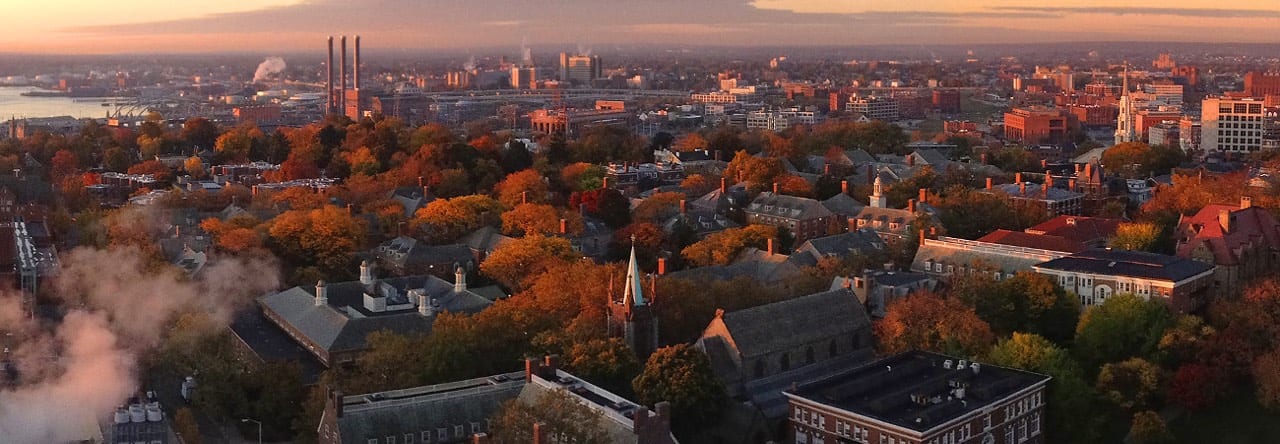For our last Community Narrative of the semester, we interviewed Felicia Salinas-Moniz (she/her/hers), Senior Assistant Director at the Sarah Doyle Center for Women and Gender & Adjunct Visiting Professor of American Studies and Ethnic Studies. Read more below:
How are you? How’s your year going so far?
I’m good, aside from a cold. I’m feeling good. It’s been chaotic. I just recently had to care for my daughter who had some medical issues. I feel very fortunate to be so supported by the Sarah Doyle. The staff have been amazing in supporting me and my family. I’ve really appreciated that. Now I’m just really excited to be back and be planning for the spring.
How would you describe Sarah Doyle to a student that may not know about it or may want to learn more?
We are very cozy. Cozy is the first word that comes to mind. A cozy, comfortable space. A lot of students come through and use this multipurpose space. We have student organizations that meet here regularly for their group meetings. We also employ a staff of 8 undergrad students and 2 grad student staffers. They’re the ones who really drive the programming of the center.
We have a lot of great resources aside from being a comfy space with programs and events. We have a library with over 4000 gender and women texts. We have a new zine library that one of our alums organized last year, Malana Krongelb. We also have a children’s library, started by the grad parent coordinators. It’s a collection that centers social justice and feminism for young readers. We also have a community garden and an art gallery.
How do you see the programming at the Sarah Doyle center in conversation with the programming of UFLi Center? How have past collaborations come about?
The last collaboration, the power wands, was actually quite organic. I was in conversation with Renata and Julio, hearing about the programs the UFLi Center was working on. We were concurrently bringing Consuelo Jimenez Underwood and I was looking for help with the creation of the power wands for the exhibit. Consuelo, the artist, gave us guidance but we were really the ones that needed to be the drivers for students to create them. We were also in conversation with Jorge Vargas from CAPS.
Jorge, Julio, Renata, and I planned how we were going to facilitate this workshop. Really, the goal was to get students to talk about the powers they have within themselves. That’s really at the center of the support of students that we do. We want to provide opportunities for students to reflect and be able to think about the powers they already hold within themselves to be able to sustain being a student at a predominantly white institution. So the workshop was a way to get to that. It was a great way for people to reflect on what are the good things I do, how does that connect to the ancestors who I hold dear?

Part of the exhibit was to honor an ancestor visually on the power wand, maybe somebody who immigrated here. It was a really great way for people to share their stories, to talk about the complexities of their lives, and see commonalities among each other. Sometimes people don’t fancy themselves artists but to have the opportunity to make something was great.
I see the connection between our centers as providing more opportunities for students to do that creative work they may not get inside a classroom setting, but also to develop that sense of space and home. The reason we hosted it at the Sarah Doyle was we wanted to help students who may frequent the UFLi Center to feel like Sarah Doyle is another home. I always feel like I want students to expand the homes they have on campus.
Who are you when you’re not at Brown?
I fancy myself a baker. I’m an aspiring baker. I think in another life I would have gone to a culinary track. When I’m not at work or thinking about work, I get lost in baking and making delicious food and especially doing that with my daughter.
Something you’re looking forward to?
I’m looking forward to the spring, just weather wise. It’s so cold. You can take the girl out of California but you can’t take the California out of the girl. I’m still adjusting to New England Weather and I’ve lived here for 10 years.



